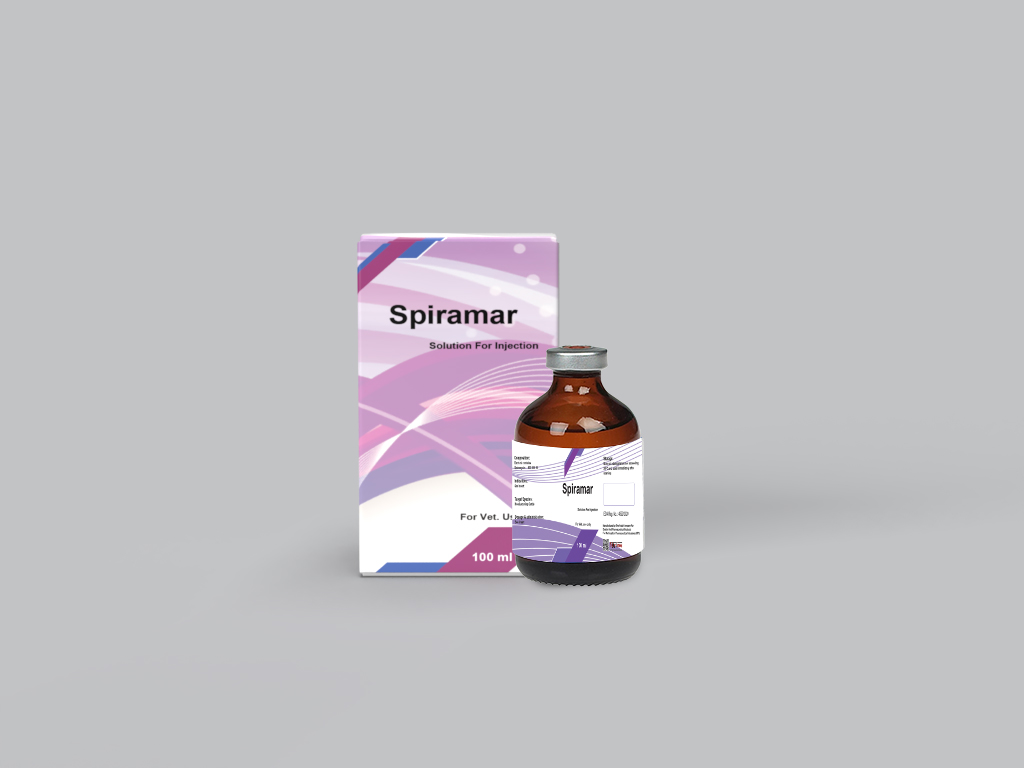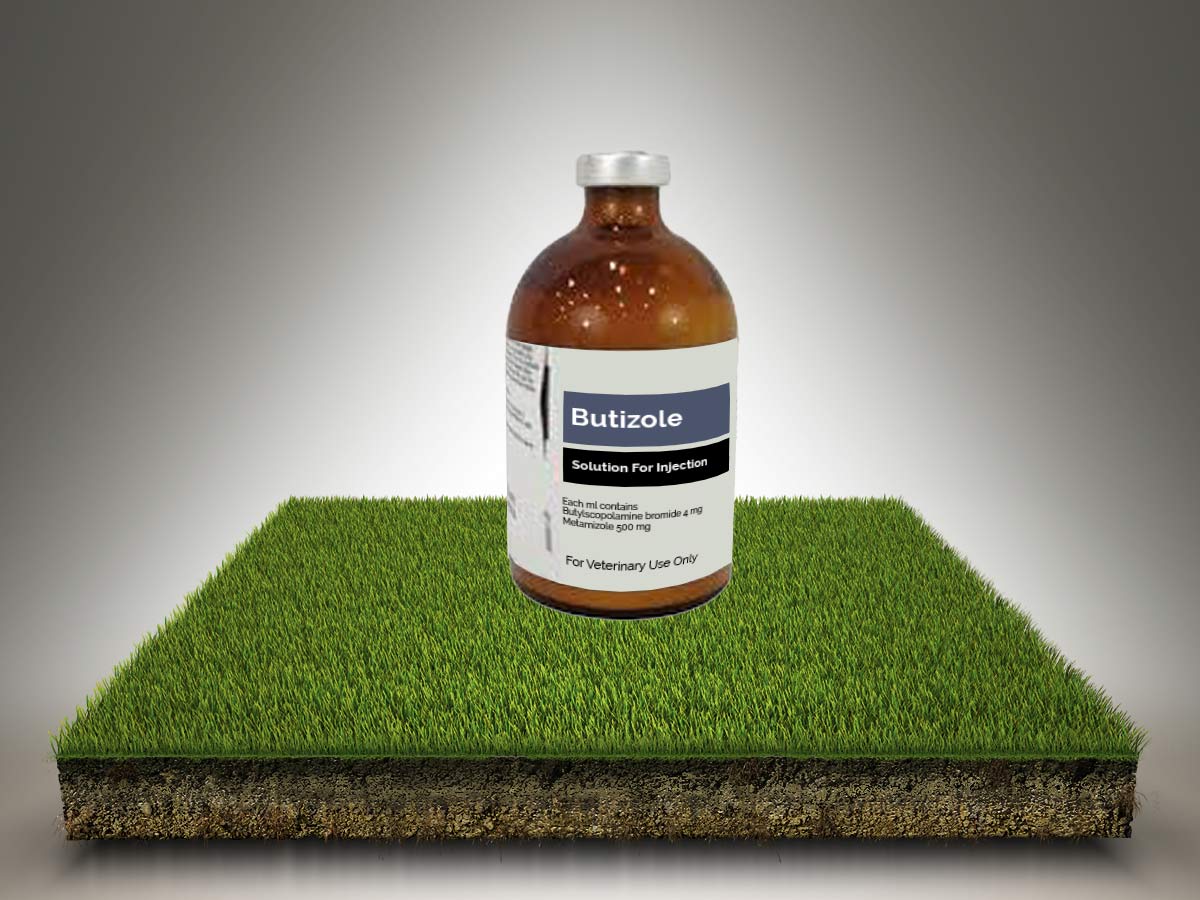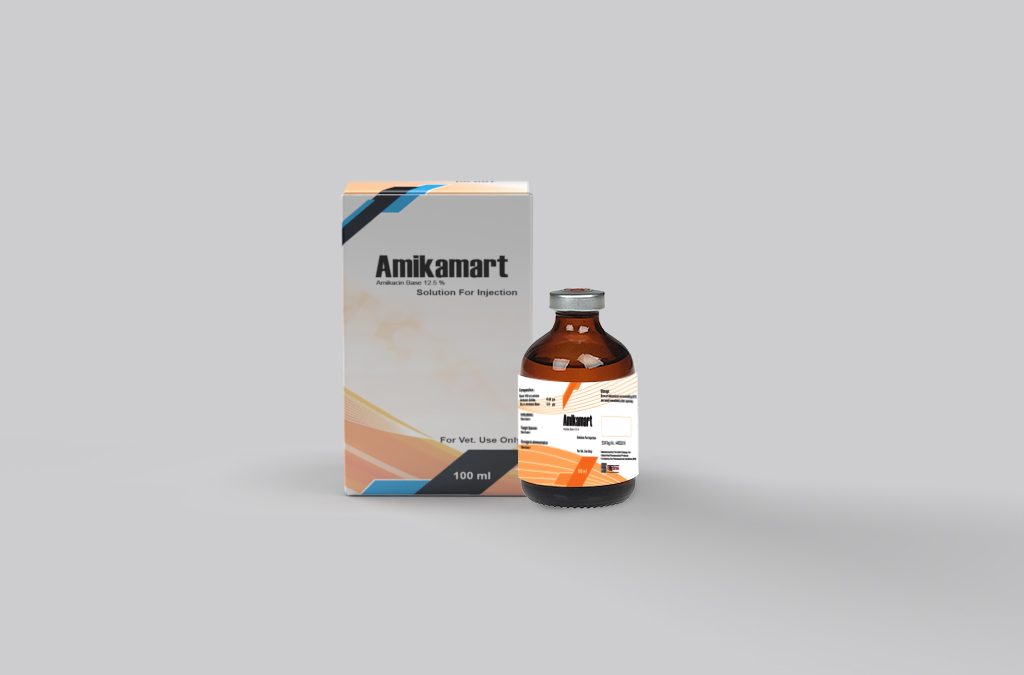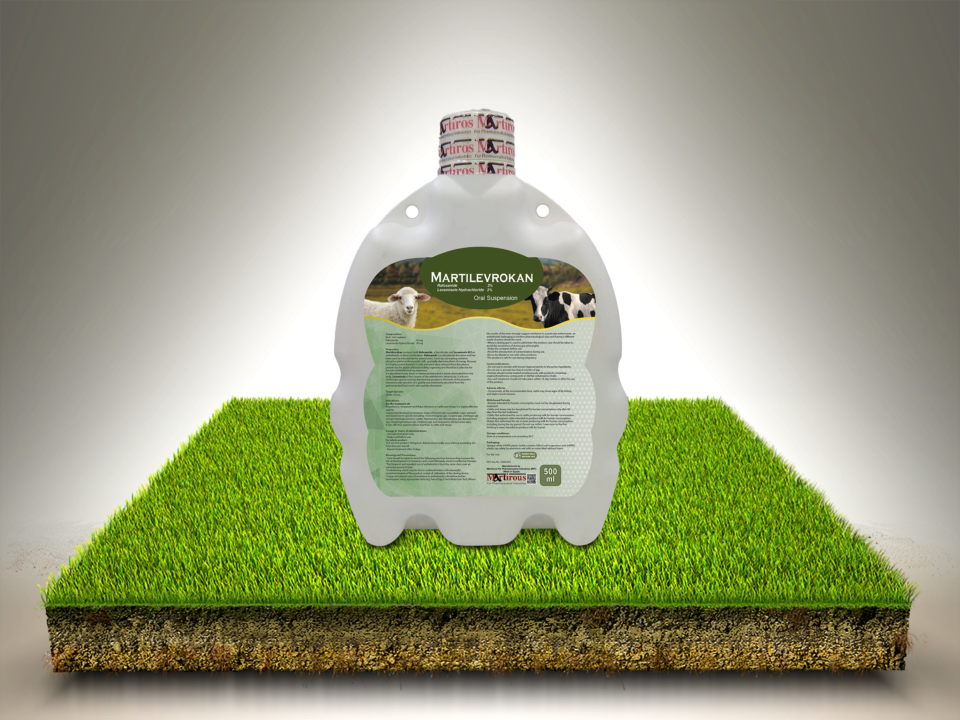
Spiramar

Butizole
Solution For Injection
For Veterinary Use Only
Composition :
Each 100 ml contains
Amikacin Sulfate 16.69 gm
Eq. to Amikacin Base 12.5 gm
Properties:
Amikacin, like the other aminoglycoside antibiotics, act on susceptible bacteria presumably by irreversibly binding to the 30S ribosomal subunit thereby inhibiting protein synthesis. It is considered to be an bactericidal antibiotic. Amikacin’s spectrum of activity include coverage against many aerobic gram negative and some aerobic gram positive bacteria, including most species of E. coli, Klebsiella, Proteus, Pseudomonas, Salmonella, Enterobacter, Serratia, and Shigella, Mycoplasma, and Staphylococcus. Several strains of Pseudomonas aeruginosa, Proteus, and Serratia that are resistant to gentamicin will still be
killed by amikacin.
Antimicrobial activity of the aminoglycosides are enhanced in an alkaline environment.
The aminoglycoside antibiotics are inactive against fungi, viruses and most anaerobic bacteria.
Indications:
- Respiratory Infections caused by E. coli
- Digestive Infections caused by Salmonella
- Genitourinary, bone and joint Infections caused by Pseudomonas, E. coli, Proteus, Shigella, Klebsiella and Enterobacter, Staphylococcus and Streptococcus
Target Species:
The Horse Family
Dose for active ingredient:
by IV/ IM injection
For Horse Family: 10-12.5 mg of Amikacin / kg body weight twice a day for the first day and once daily for the next 2-3 days.
Dose for whole product:
For Horse Family : 0.8-1 ml/10 kg bodyweight twice a day for the first day and once daily for the next 2-3 days.
Warnings:
The aminoglycosides are infamous for their nephrotoxic and ototoxic effects.
Withdrawal Periods:
None
Contra-indications
- Do not administer in cases of renal insufficiency.
- Do not use in combination with other aminoglycosides, ototoxic drugs, diuretics, anesthetics or muscle relaxants.
- Aminoglycosides are contraindicated in patients who are hypersensitive to them. Because these drugs are often the only effective agents in severe gram-negative infections there are no other absolute contraindications to their use.
- should be used with caution in “ working” dogs (e.g., “seeing-eye”, herding, dogs for the hearing impaired, etc.).
- should be used with caution in patients with neuromuscular disorders (e.g.,myasthenia gravis) due to their neuromuscular blocking activity.
- Aminoglycosides are generally considered contraindicated in rabbits/hares as they adversely affect the GI flora balance in these animals.
Side-Effects:
The aminoglycosides can also cause neuromuscular blockade, facial edema, pain/inflammation at injection site, peripheral neuropathy and hypersensitivity reactions. Rarely, GI symptoms, hematologic and hepatic effects have been reported.
Storage:
Store in dry dark and place at temperature not exceeding to 30 o.
Packaging:
Vial of 50,100 and 250 ml




